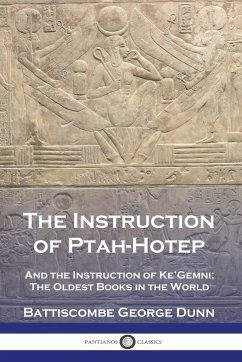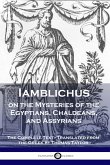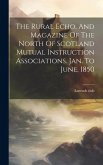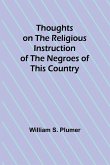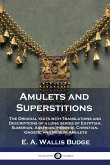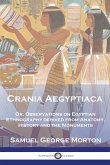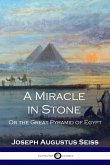The instructions of Ptah-Hotep and Ke'Gemni count among the most ancient texts in existence, originating between 2600 and 2400 B.C.; this edition comprises translations in modern English. Ptah-Hotep was a vizier, which was a highly ranking official or governor in ancient Egypt. He was apparently a man of great wisdom and renown: the text consists of a series of aphorisms and advices, in the form of a wise father giving advice to his young son on how to live an orderly, virtuous life. Ke'Gemni was also a vizier, and his writing is similarly one of teaching and wisdom. His counsel revolves more around avoiding the excesses available to those of a wealthy caste; moderation in food, drink and habits is advised. Such careful behavior will lead to one attaining the traits of the vaunted 'silent man' of Egyptian culture; a fellow moderate in speech and behavior, whose judgments and leadership are careful, measured and wise. The translator, Battiscombe George Dunn, was a famous Egyptologist who worked during the early 20th century. During this era an explosion of interest in ancient Egypt was spurred by various dazzling archeological discoveries, such as the tomb of Tutankhamun. New translations of texts detailing the culture, customs, laws and everyday lives of the Egyptians were produced to satiate both eager scholars and the general public.
Hinweis: Dieser Artikel kann nur an eine deutsche Lieferadresse ausgeliefert werden.
Hinweis: Dieser Artikel kann nur an eine deutsche Lieferadresse ausgeliefert werden.

